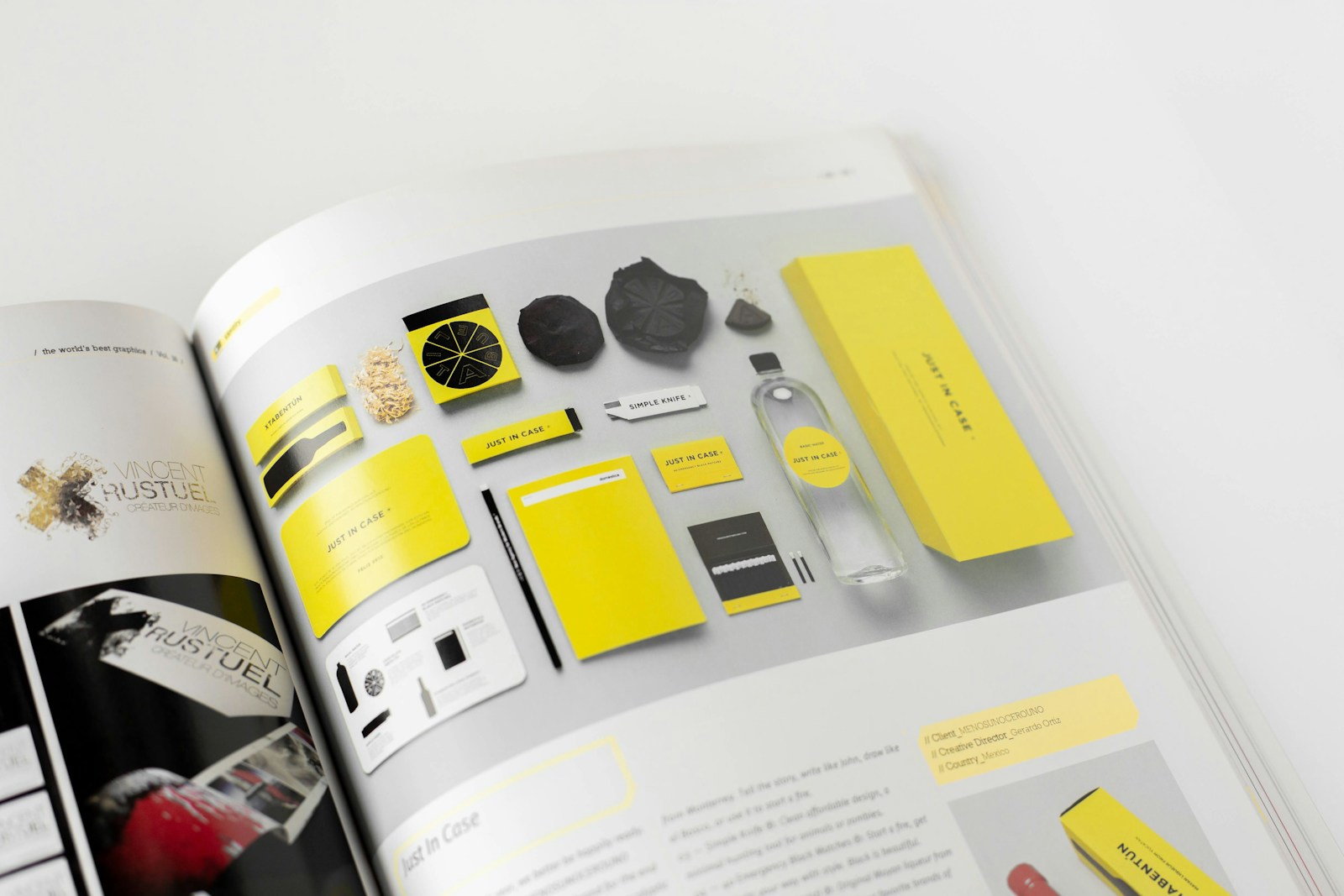Managing space efficiently can be a significant challenge for university students. Whether you’re moving into a dorm room, heading home for the summer, or studying abroad, finding reliable storage solutions is crucial. Here are five essential tips to help university students navigate their self-storage needs in Guernsey, ensuring their belongings are safe, accessible, and organised.
Plan ahead and assess your needs
Before you start packing, take some time to assess your storage needs. This initial step is crucial in determining the type and size of the storage unit you’ll require. Begin by making a list of the items you plan to store, including furniture, electronics, books, and clothing.
Knowing exactly what you need to store will help you estimate the required storage space more accurately. Next, consider how long you will need storage. For instance, if you only need a place to keep your belongings over the summer break, short-term storage might be ideal.
Conversely, if you’re heading abroad for a semester, long-term storage may be more suitable. Also, think about how often you will need to access your items. If frequent access is necessary, choose a storage facility that offers flexible access hours. Planning ahead can save you a lot of last-minute stress and ensure you choose the right storage solution for your needs.
Choose the right storage unit size
Selecting the appropriate storage unit size is essential for efficient space management and cost-effectiveness. Overestimating your storage needs can lead to paying for unused space, while underestimating can result in cramped and disorganised storage. For example, small units (5×5 to 5×10 feet) are suitable for storing boxes, small furniture, and personal items, making them ideal for students with minimal belongings.
Medium units (10×10 to 10×15 feet) can accommodate the contents of a small apartment, including furniture, appliances, and larger items. Large units (10×20 feet and up) are perfect for storing the contents of a multi-bedroom apartment or house.
Opt for climate-controlled storage
University students often have valuable and sensitive items that require protection from extreme temperatures and humidity. Climate-controlled storage units maintain a consistent environment, safeguarding your belongings from potential damage.
Electronics, for example, can be damaged by humidity and temperature fluctuations, while books and documents can become brittle or develop mould in non-climate-controlled environments. Clothing and musical instruments are also susceptible to damage if exposed to moisture and extreme temperatures.
Maximise space with efficient packing
Efficient packing can significantly maximise the space in your storage unit. Use uniform-sized boxes as they are easier to stack and organise. Label each box with its contents for easy identification later on. Disassemble large furniture items to save space, and keep screws and small parts in labelled bags.
Utilise the vertical space by stacking boxes and items vertically, placing heavier items at the bottom and lighter ones on top. Protect fragile items with bubble wrap, packing paper, or blankets, and store them securely to prevent damage. By packing efficiently, you can fit more items into your storage unit and keep everything organised.
Choose a secure and convenient storage facility
Security and convenience are paramount when selecting a storage facility. Ensure the facility you choose offers robust security measures and convenient access. Look for features like surveillance cameras, electronic gates, keypads, or biometric access systems that ensure only authorised individuals can enter the premises. On-site management provides additional security and assistance. Flexible access hours are also important, especially if you need frequent access to your items.
Navigating the storage needs of university life can be challenging, but with the right approach, it doesn’t have to be. By planning ahead, choosing the right storage unit size, opting for climate control, packing efficiently, and selecting a secure facility, you can ensure your belongings are well-protected and easily accessible. These tips will help university students manage their storage needs effectively.






